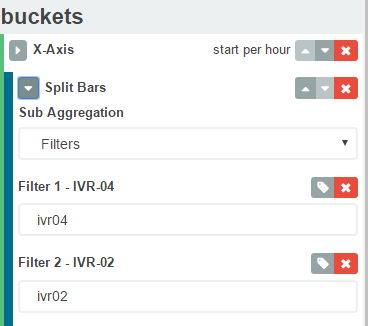In my system, the insertion of data is always done through csv files via logstash. I never pre-define the mapping. But whenever I input a string it is always taken to be analyzed, as a result an entry like hello I am Sinha is split into hello,I,am,Sinha. Is there anyway I could change the default/dynamic mapping of elasticsearch so that all strings, irrespective of index, irrespective of type are taken to be not analyzed? Or is there a way of setting it in the .conf file? Say my conf file looks like
input {
file {
path => "/home/sagnik/work/logstash-1.4.2/bin/promosms_dec15.csv"
type => "promosms_dec15"
start_position => "beginning"
sincedb_path => "/dev/null"
}
}
filter {
csv {
columns => ["Comm_Plan","Queue_Booking","Order_Reference","Multi_Ordertype"]
separator => ","
}
ruby {
code => "event['Generation_Date'] = Date.parse(event['Generation_Date']);"
}
}
output {
elasticsearch {
action => "index"
host => "localhost"
index => "promosms-%{+dd.MM.YYYY}"
workers => 1
}
}
I want all the strings to be not analyzed and I don't mind it being the default setting for all future data to be inserted into elasticsearch either

